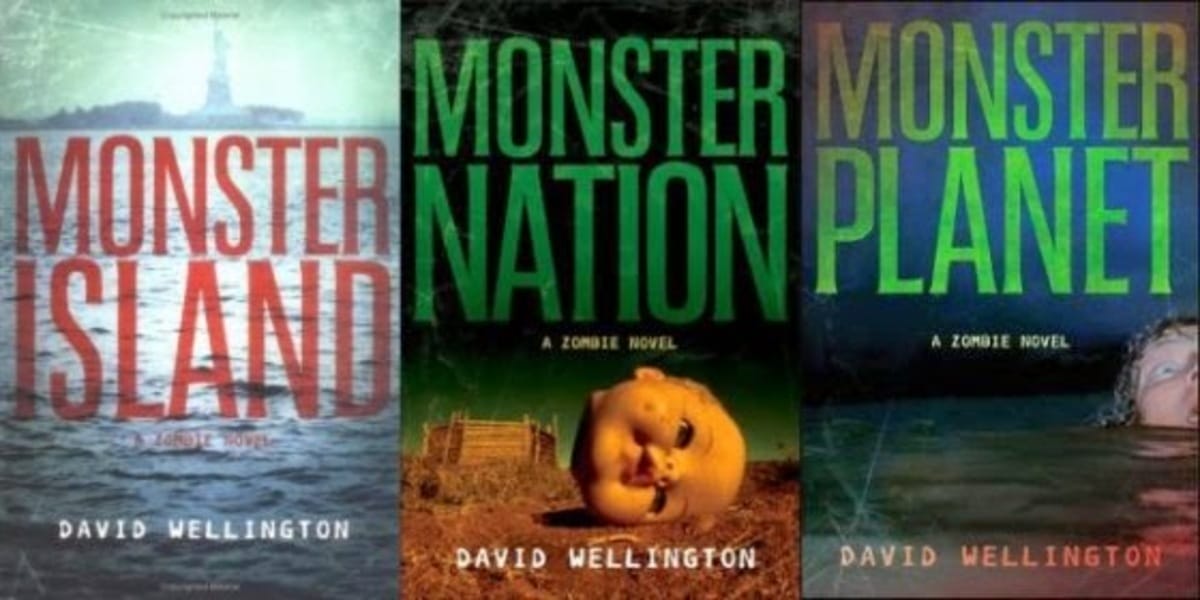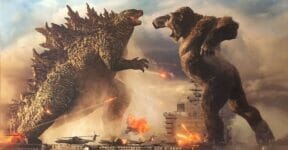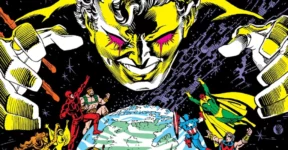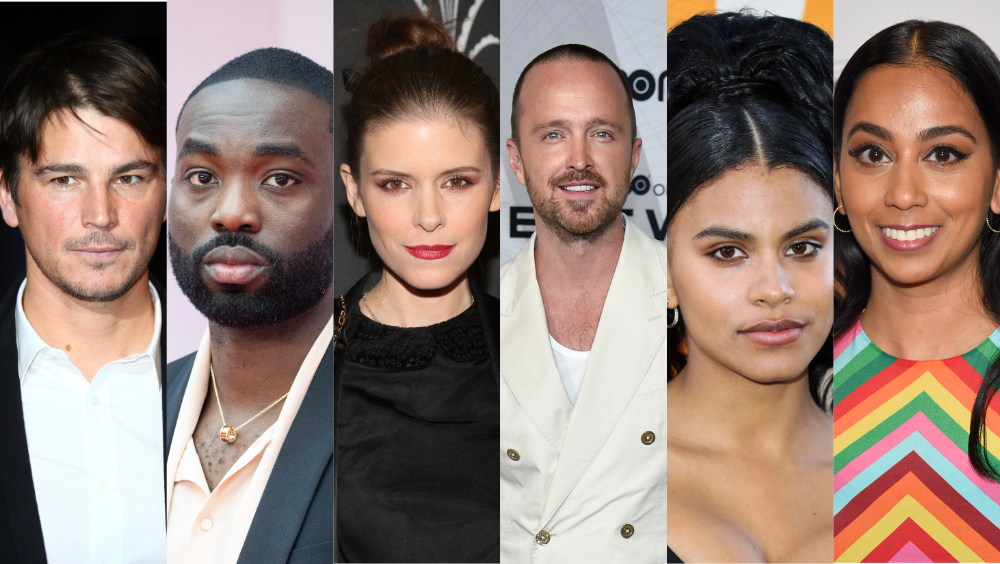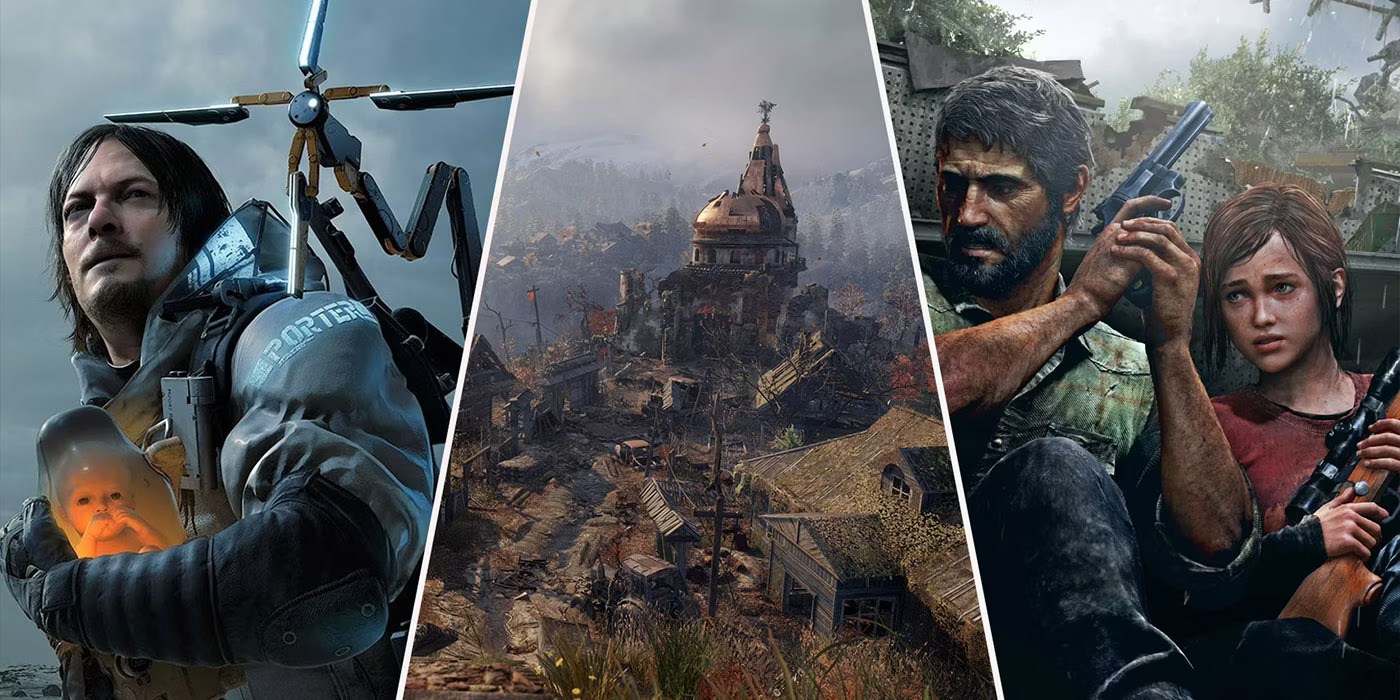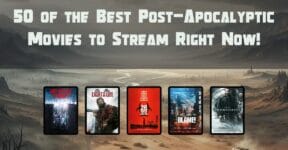A search of “Monster Island” on Google brings up quite an interesting mix of results, including the 2019 film produced by The Asylum, the 2004 made-for-TV movie with 1950s cinematography, the fictional island of Godzilla mentioned mainly in comics, and a book by David Wellington, to name a few.
Unlike the first three search results mentioned, which feature all sorts of animal-inspired giant monsters, the book by Wellington revolves around the more conventional zombies. It is the first book in a series best known as the zombie trilogy. Monster Island was published in April 2006, followed by Monster Nation in October of the same year, and finally Monster Planet in July 2007.
It is a zombie apocalypse series. A virus of unknown origin has nearly decimated the world’s population. Like in most apocalyptic stories, a few remaining survivors will try to save humanity from extinction. There is a higher power controlling the undead of all sorts, leading to a war to decide who will rule the ruined post-apocalyptic Earth.
Monster Island

It has been several months since the first zombie virus outbreak. Humanity barely survives the relentless onslaught mostly thanks to various outposts, which somehow can still fight off the undead. In the larger scheme of things, however, humans everywhere are fighting a losing war.
Dekalb, a former U.N. weapons inspector, lost his wife to the virus and is now desperately trying to save his daughter, Sarah. The problem is that Sarah is now held hostage by the Free Women’s Republic in Africa. Under the command of its leader, Dekalb must travel to New York to get AIDS medicine and trade it for Sarah.
The city is a mess filled with hordes of zombies at every turn, but Dekalb is accompanied by some soldiers to keep him safe from harm. It turns out that not every zombie is a mindless cannibal. Gary is one of the intelligent undead, capable of making coherent speech and controlling his appetite for human flesh. When the two men bump into each other, the world is about to witness one of the strangest conflicts ever.
You’ll be pleased to know that the zombies in Monster Island feel genuinely threatening, especially as the story uncovers their origins and plans. The story is not scary, but fast-paced and enjoyable. It is also worth noting that Dekalb proves to be both relatable and likeable.
Monster Nation

The second book in the series takes a step back to give some background information and a general overview of how the world fell into the hands of the undead. Monster Nation delves deeper into zombies’ origins and the underlying power struggle behind the outbreak. There are also some new characters to expand the story and give a better understanding of just how dire the situation really is.
Monster Nation kicks off the action with Benner Clark, a dedicated captain in the National Guard. Clark only sees the seriousness of the whole zombie matter when he is called to undertake an inspection duty at a maximum-security prison. The duty ends up putting him at the forefront of the battle against a growing zombie army. He has always been there since the early phase of the pandemic. Clark finds hope in Nilla, a zombie with an unusual ability to talk and disappear. Not that Nilla is a great help in defeating the undead, but Clark thinks she holds the key to finding a cure.
Nilla remembers nothing in her past non-zombified self. Like Gary in New York, she keeps her intelligence and can resist the cannibalistic urge. Following her first encounter with Clark, she senses that something is calling her to travel east to New York, but getting there is anything but easy. It is a journey of self-discovery, as Nilla learns a lot about the cause of the zombie outbreak and her own predicament.
To give a bit of book comparisons, Monster Nation is positioned as a bridge between the first and the last of the trilogy. The story is not as ecstatic as Monster Island, and the characters are not as interesting. It contains various small notes like posted signs, blog entries, emails, emergency warnings, and news reports to improve the realism. Such interludes are surprisingly effective in contextualizing the story.
Monster Planet

Fast forward to 12 years since the first day of the outbreak. The world is almost completely overrun by monsters. Zombies only make one part of a massive army threatening to end humanity; mummies, werewolves, and liches are fighting together under the same banner to rid the world of humans. The inevitable last war is coming.
The final book in Zombie trilogy, Monster Planet, brings back the characters from the previous two titles and does a good job at weaving the story together. It is good to see characters from previous books in the series make their last appearance and turn loosely connected events into a tight cohesive narration.
We think the otherwise basic and predictable theme of good vs. evil can prove to be the strongest point in the trilogy. Since all novels in the series follow the same formula of splitting the narration into several threads, readers should find the storyline easy to digest. Familiar subject matters like characters’ self-discovery, inner struggles, and sacrifices are explored effectively as well.
Do you think Wellington’s zombie trilogy is worth a second of third read? How does it compare to World War Z? We’d love to hear from you.
Other things you might want to know:
Apart from zombie trilogy, David Wellington’s popular works?
Vampire series
13 Bullets (2007)
99 Coffins (2007)
Vampire Zero (2008)
23 Hours (2009)
32 Fangs (2012)
Werewolf series
Frostbite (2009)
Overwinter (2010)
Stand-alone novels:
Positive (2015)
The Last Astronaut (2019)
What is the difference between liches and zombies?
In many stories, zombies are typically characterized as mindless monster incapable of logic and driven primarily by hunger of human flesh. Liches are also undead, but they possess magical powers and retain their intelligence.
Recommended zombie books:
I Am Legend by Richard Matheson
The Living Dead by George A. Romero and Daniel Kraus
Cell by Stephen King
The Girl with All the Gifts by M.R. Carey
Zone One by Colson Whitehead
The Passage by Justin Cronin
World War Z by Max Brooks
My Life as a White Trash Zombie by Diana Rowland
Check out other articles by month:

